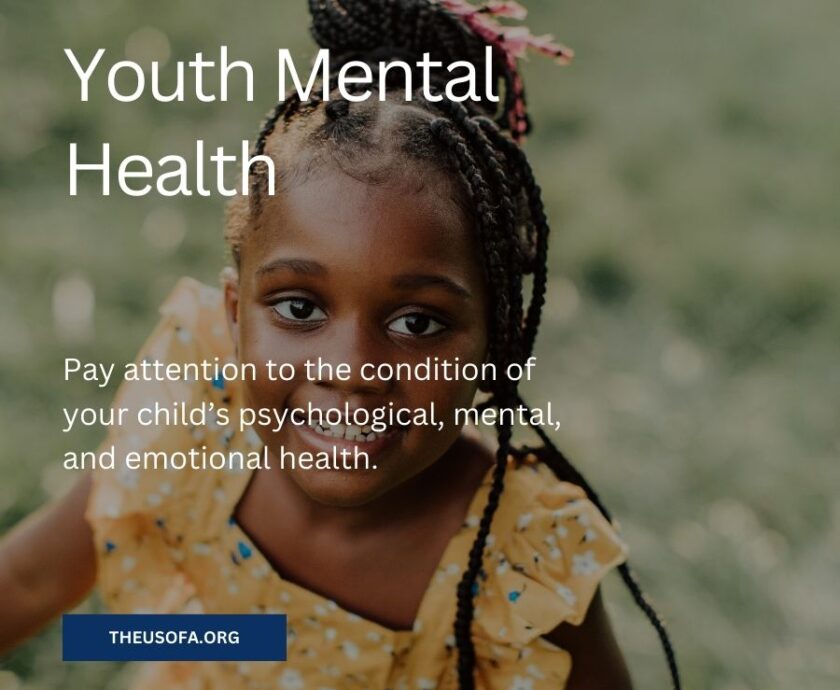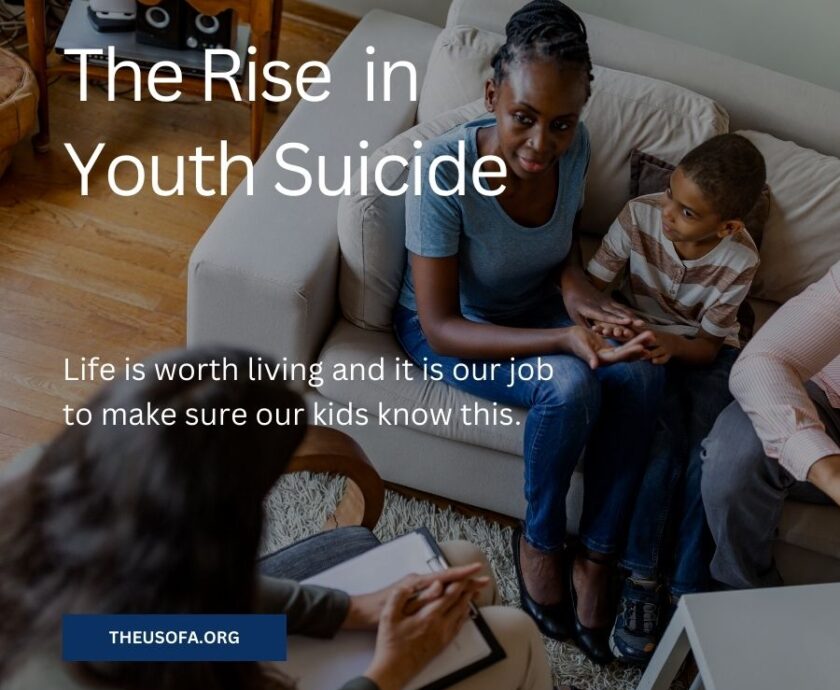Child Mental Health Advocacy
In today’s fast-paced world, the mental health of our children is more critical than ever. At the United Straights of America (US of A), our mission is to challenge norms while advocating for the well-being of children and families. We believe that promoting mental health awareness, preventing youth suicide, and supporting parents’ rights are essential steps towards fostering a society where every child can thrive. Our direct and unapologetic approach aims to spark conversations and drive change, ensuring that the mental well-being of our youth is a top priority.
The Importance of Mental Health Awareness
Mental health awareness is the cornerstone of our advocacy efforts. It involves understanding and recognizing the importance of mental health in children and the factors that contribute to their emotional and psychological well-being. Mental health issues can affect children of all ages and backgrounds, impacting their ability to learn, form relationships, and lead fulfilling lives.
Raising awareness about mental health helps to break the stigma associated with mental illnesses. It encourages open discussions and creates a supportive environment where children feel comfortable seeking help. Parents, educators, and community members play a crucial role in this process by promoting understanding and empathy.
Challenges Facing Child Mental Health
Children today face a myriad of challenges that can affect their mental health. These include academic pressures, social media influences, family dynamics, and exposure to trauma or adverse experiences. Recognizing these challenges is the first step in addressing them effectively.
Academic pressures can be overwhelming for many children. The constant pursuit of high grades and achievements can lead to stress, anxiety, and burnout. It’s essential for parents and educators to create a balanced environment that values emotional well-being alongside academic success.
Social media has become an integral part of children’s lives, but it also brings its own set of challenges. Cyberbullying, comparison, and unrealistic standards can negatively impact self-esteem and mental health. Teaching children to navigate social media responsibly and fostering open communication about their online experiences is vital.
Family dynamics, including divorce, financial stress, or the loss of a loved one, can also affect a child’s mental health. Providing a stable and supportive home environment, along with access to counseling and support services, can help mitigate these effects.
Exposure to trauma, such as abuse, neglect, or witnessing violence, can have long-lasting effects on a child’s mental health. Early intervention and access to mental health resources are crucial in helping children heal and build resilience.
Youth Mental Health Resources
One of the key aspects of supporting children’s mental health is ensuring access to youth mental health resources. These resources can include counseling services, support groups, educational programs, and crisis intervention services. It’s essential for these resources to be readily available and accessible to all children, regardless of their background or location.
At the US of A, we advocate for the expansion and accessibility of mental health services in schools and communities. Schools are often the first point of contact for children experiencing mental health issues, making it imperative to have trained counselors and mental health professionals on-site. Additionally, creating partnerships between schools and community organizations can help provide comprehensive support for children and their families.
Supporting Children’s Mental Health
Supporting children’s mental health requires a collaborative effort from parents, educators, healthcare providers, and the community. Here are some practical steps we can take to promote the mental well-being of our children:
Open Communication
Encourage open and honest communication with children about their feelings and experiences. Create a safe space where they feel comfortable expressing their emotions without fear of judgment.
Education and Awareness
Educate parents, teachers, and children about the signs and symptoms of mental health issues. Early detection and intervention can prevent problems from escalating.
Promote Positive Relationships
Foster positive relationships between children and their peers, teachers, and family members. Strong, supportive relationships are a protective factor against mental health issues.
Encourage Healthy Habits
Promote healthy lifestyle habits, including regular physical activity, balanced nutrition, and adequate sleep. These habits contribute to overall well-being and resilience.
Provide Supportive Environments
Create environments at home and school that support mental health. This includes reducing stressors, providing opportunities for relaxation and play, and ensuring that children feel valued and respected.
Access to Mental Health Services
Ensure that children have access to mental health services when needed. This includes school counselors, community mental health clinics, and crisis hotlines.
Advocate for Policy Changes
Advocate for policies that support mental health initiatives and funding for mental health programs in schools and communities. Policy changes can help ensure that mental health resources are available and accessible to all children.





